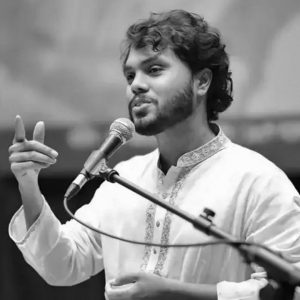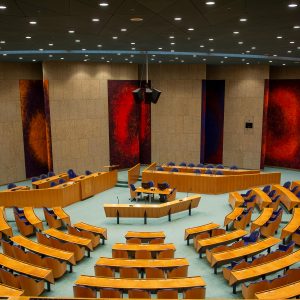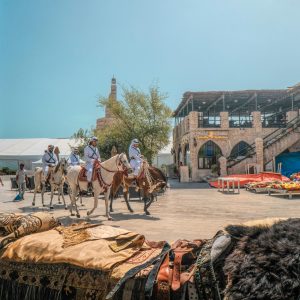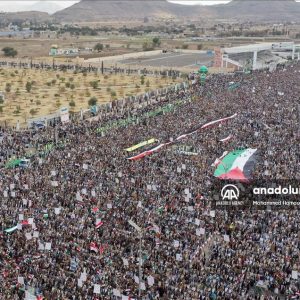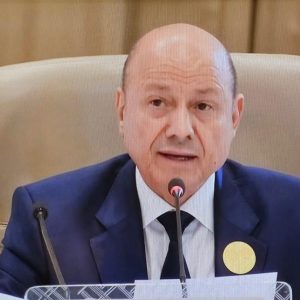BRICS announces ‘historic’ admission of six new members
Johannesburg, South Africa – AFP
BRICS leaders announced on Thursday the “historic” admission of six new countries from next year as the club seeks to reshape the Western-led global order and expand its geopolitical influence.
The BRICS — Brazil, Russia, India, China and South Africa — agreed at their annual summit to make Argentina, Ethiopia, Iran, Saudi Arabia, Egypt and the United Arab Emirates full members from January 1.
“This membership expansion is historic,” said Chinese President Xi Jinping, whose nation is the most powerful in the group of large and populous non-Western economies.
“The expansion is also a new starting point for BRICS cooperation. It will bring new vigour to the BRICS cooperation mechanism and further strengthen the force for world peace and development”.
Ethiopian Prime Minister Abiy Ahmed hailed what he called “a great moment” for his country, the second-most populous in Africa.
In Iran, senior presidential advisor Mohammad Jamshidi described the move as a “historic development and a strategic success” for Tehran’s foreign policy.
Egypt and the UAE also broadcast their readiness to work with the loosely-defined group that represents billions of people on four continents and a quarter of the world’s wealth.
While the announcement indicated all six countries would join, the Saudi response was non-committal on Thursday, with Foreign Minister Prince Faisal bin Farhan telling Al-Arabiya television that Riyadh was “awaiting details” about the invitation and would “take the appropriate decision”.
‘Strength in diversity’
Calls to enlarge the BRICS dominated its annual summit in Johannesburg and exposed divisions over the rules for entry.
But the group, which makes decisions by consensus, agreed on the six nations after approving criteria for entry that were not made public following three days of bilateral talks and closed-door meetings.
It paves the way for future expansion of a disparate group of big and small economies that encompasses both the world’s largest democracy and its largest authoritarian state.
“BRICS will continue to open to new members,” said Brazilian President Luiz Inacio Lula da Silva, who personally advocated for the admission of Argentina.
Nearly two dozen countries had formally applied to join and about the same number have expressed interest from non-Western nations across the so-called Global South.
Some 50 world leaders attended the summit, underscoring what BRICS leaders say is the attractiveness of its message and growing relevance on the world stage.
Founded in 2009 and expanded the following year to include South Africa, the BRICS has risen to prominence at a time of intense geopolitical rivalry and analysts foreshadowed that its 15th summit could be pivotal.


